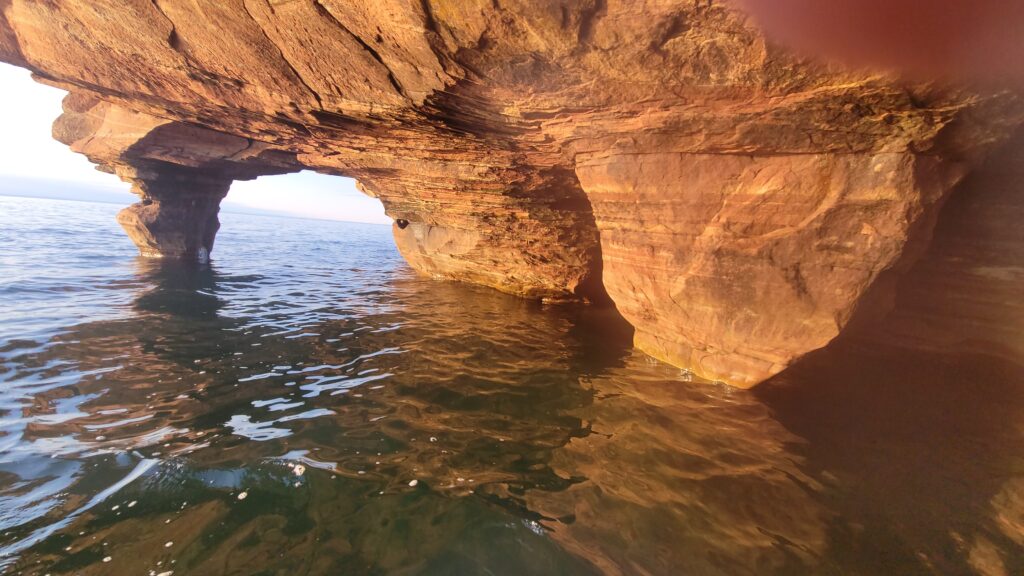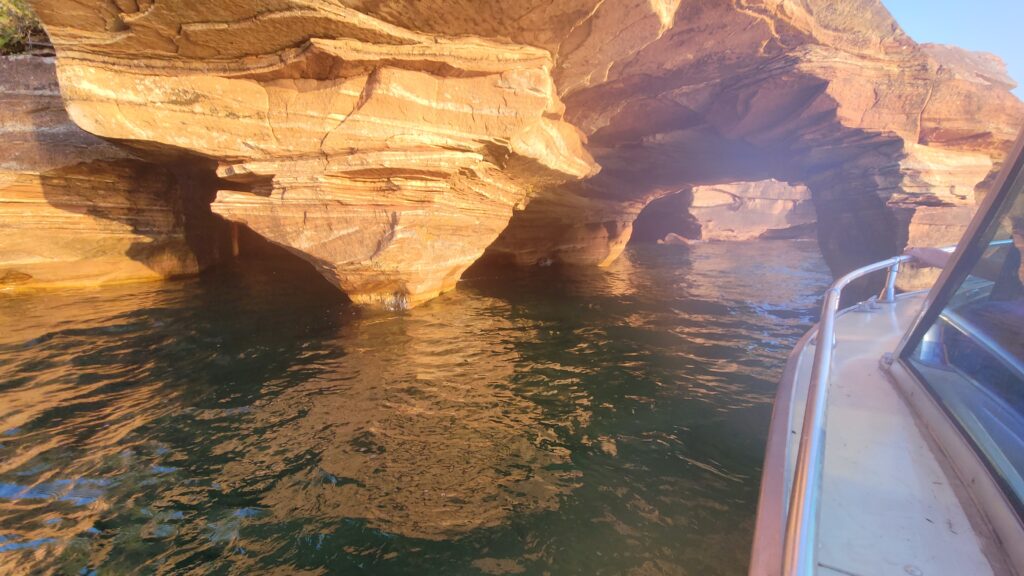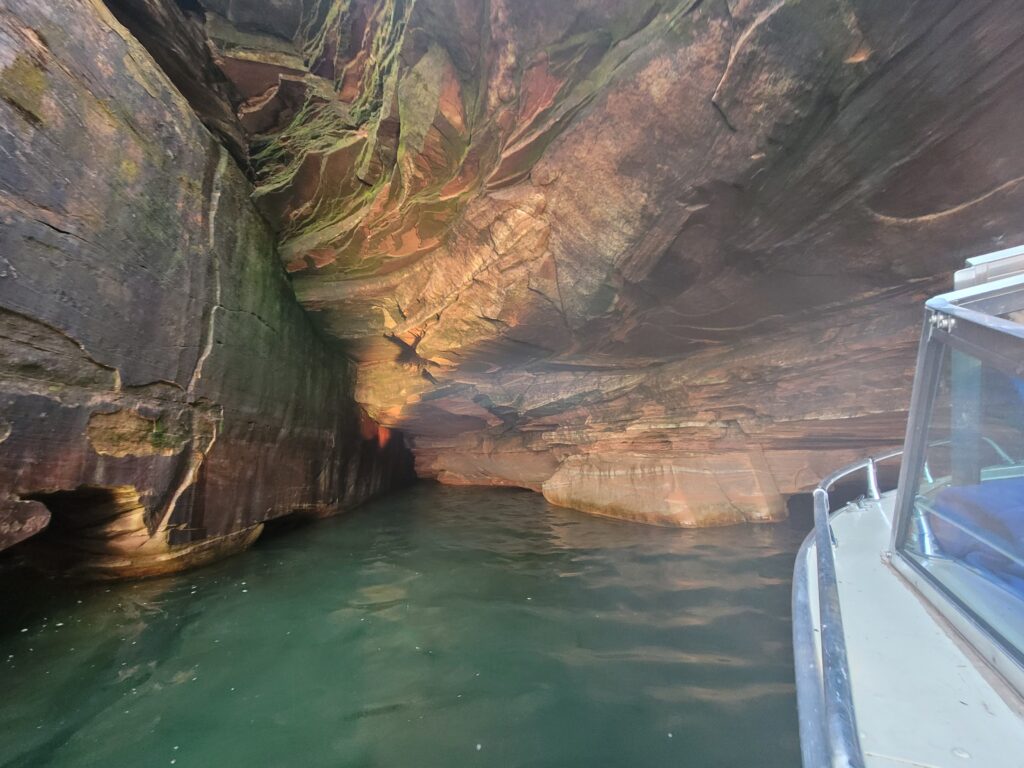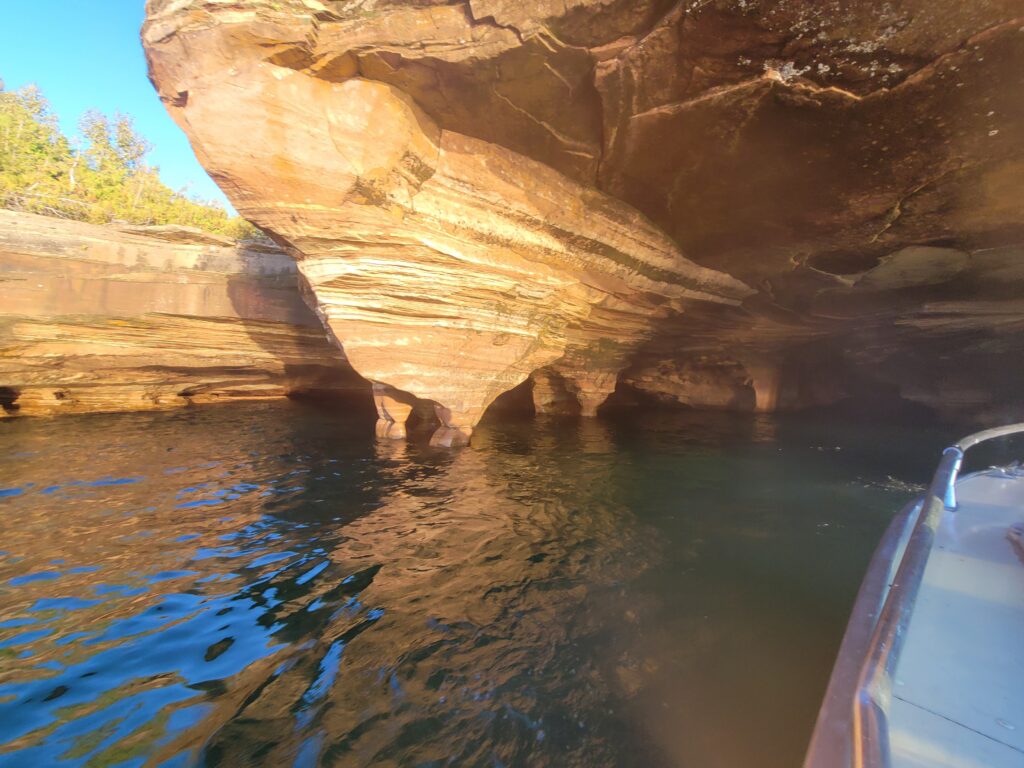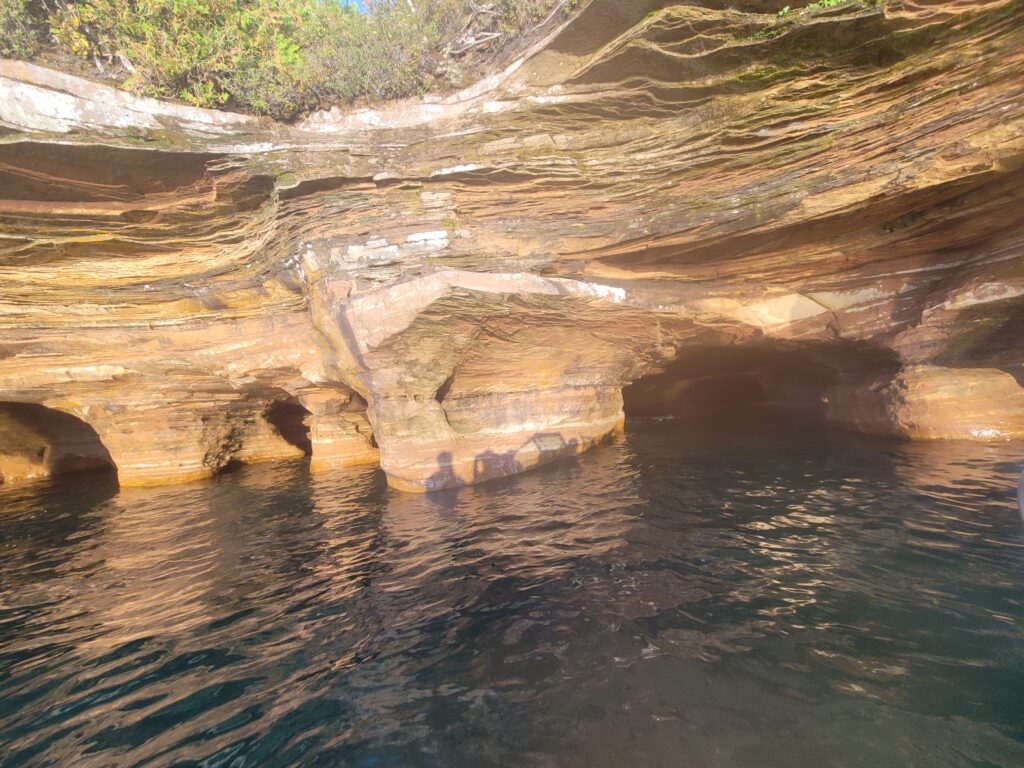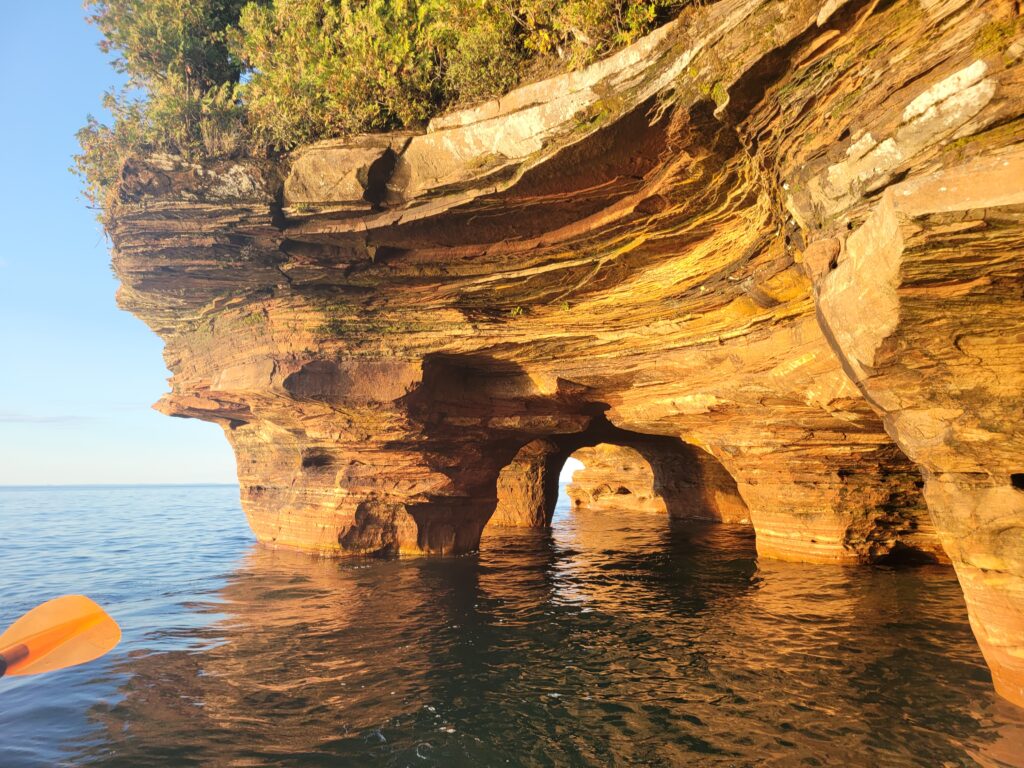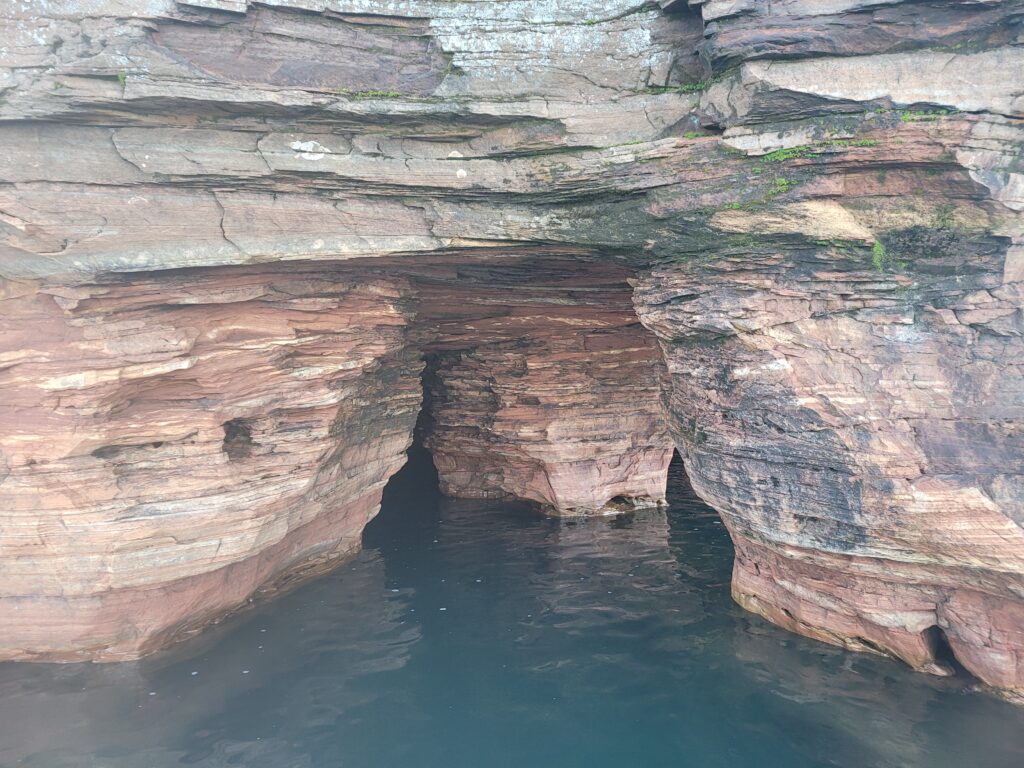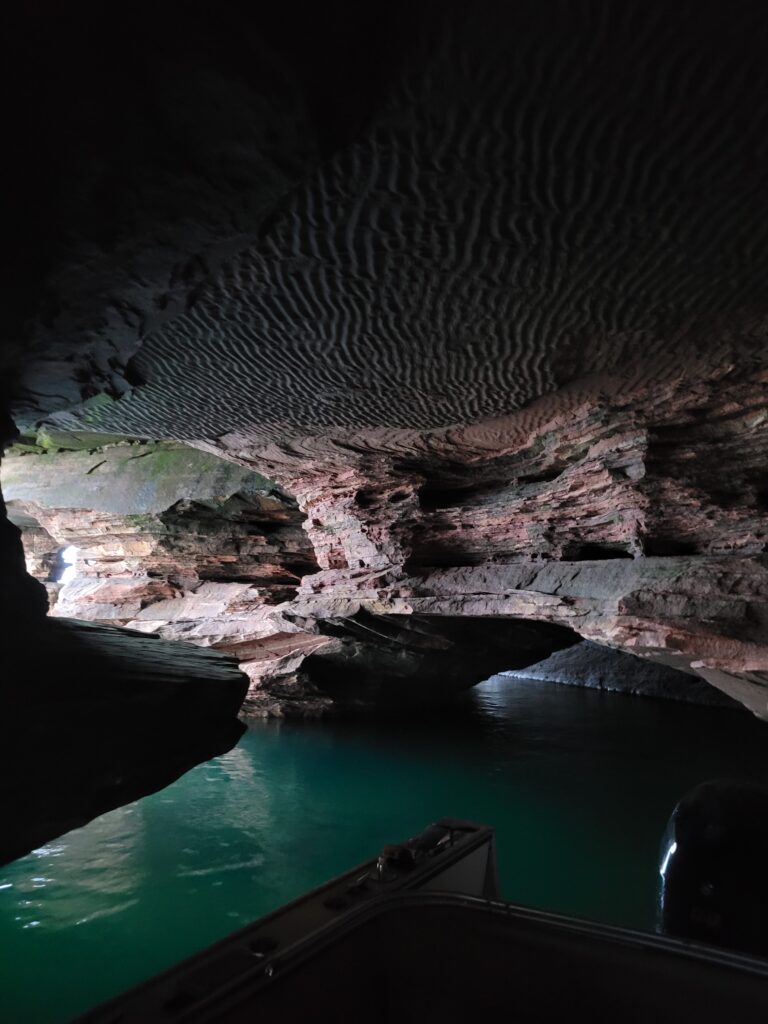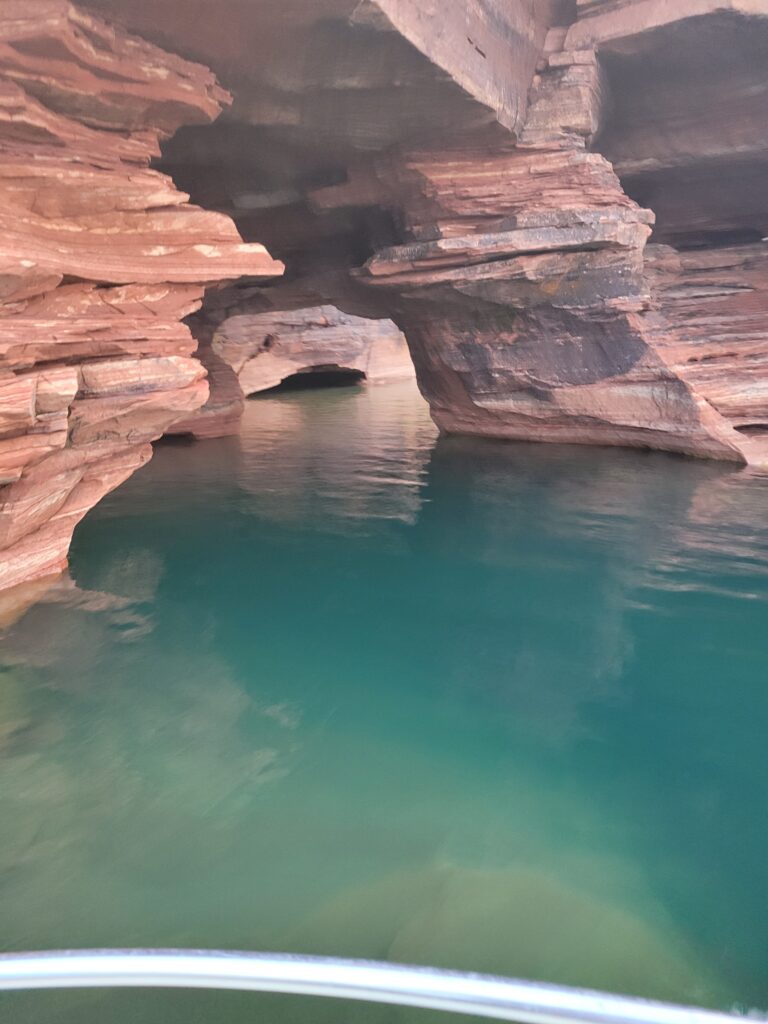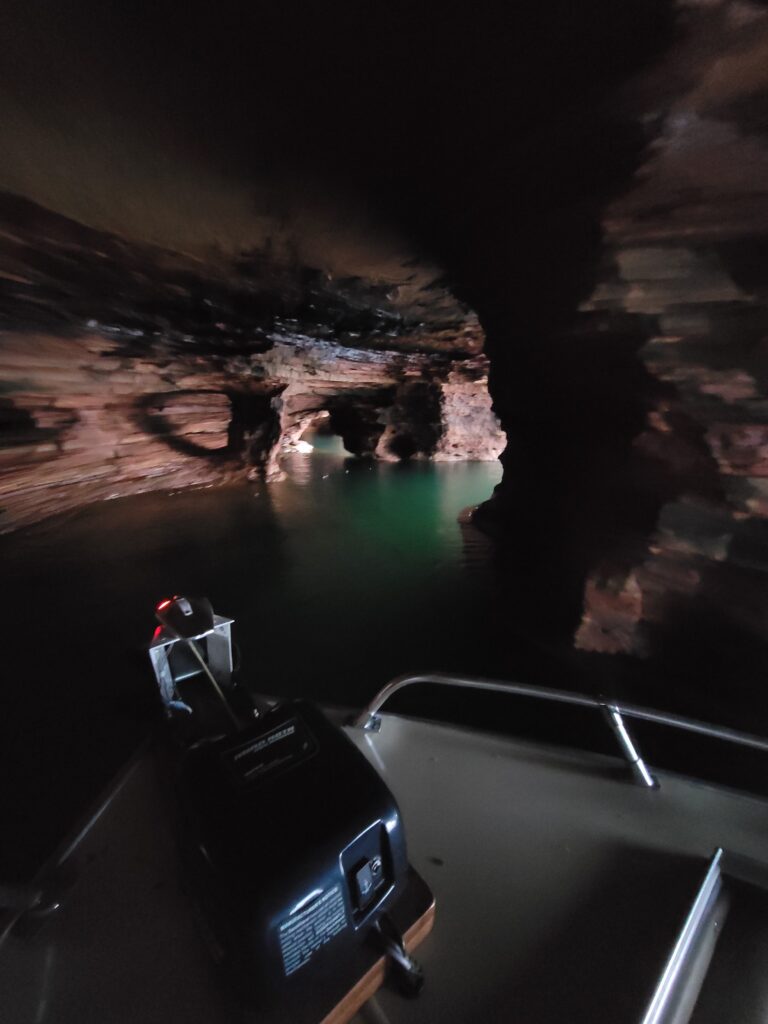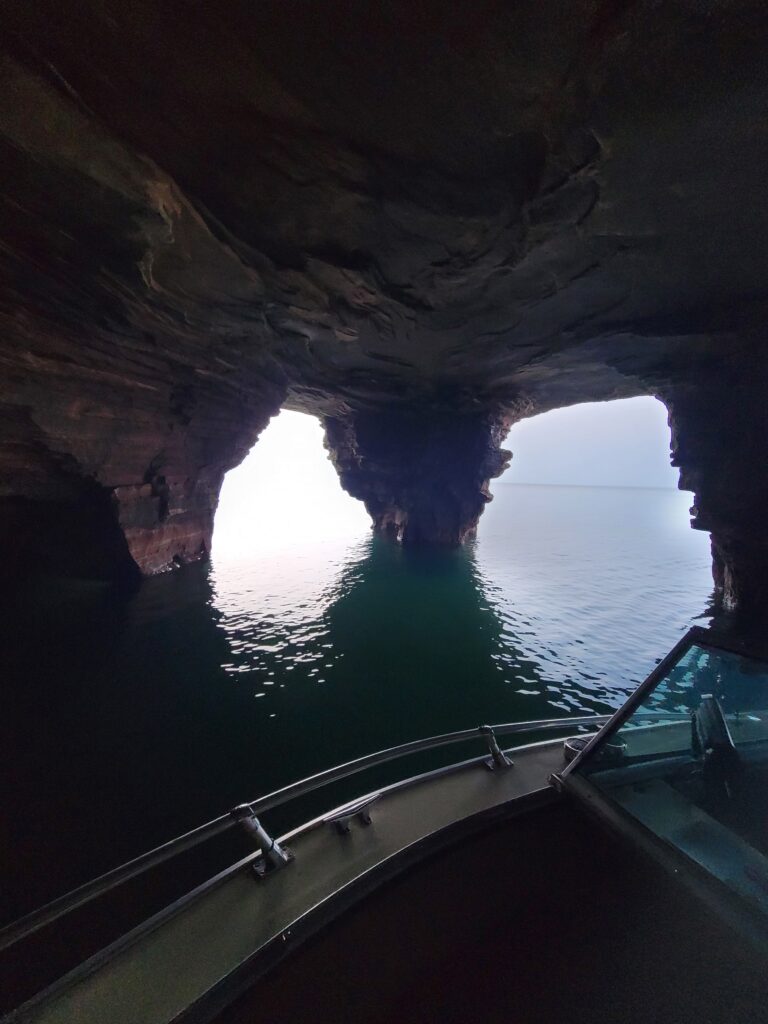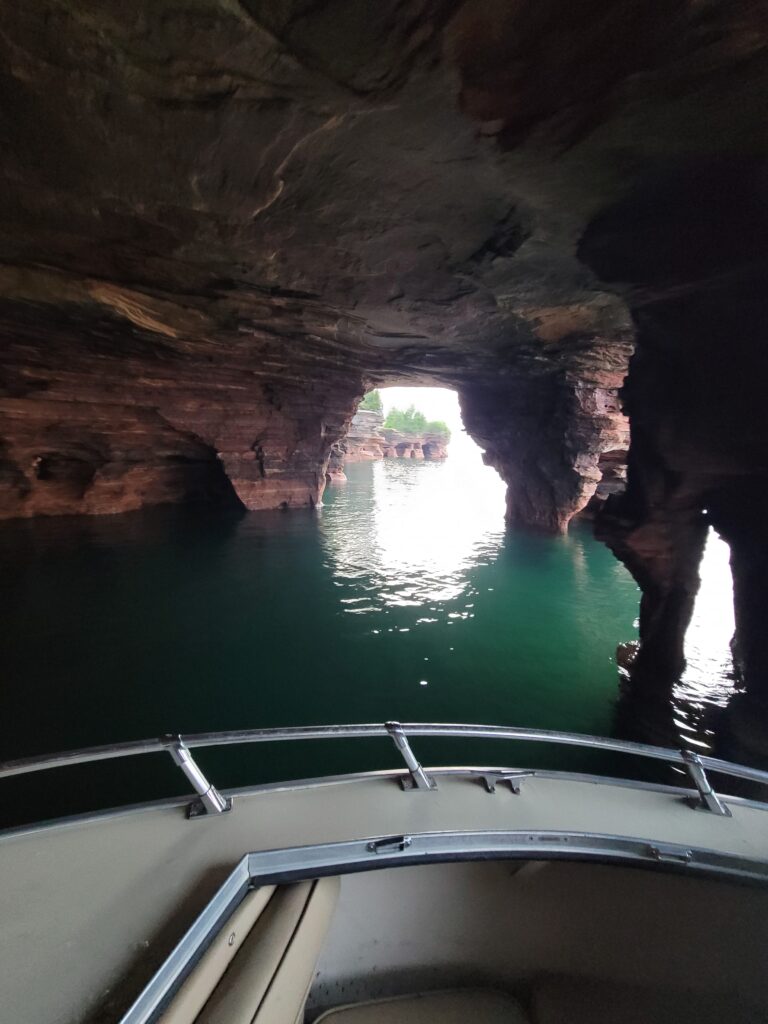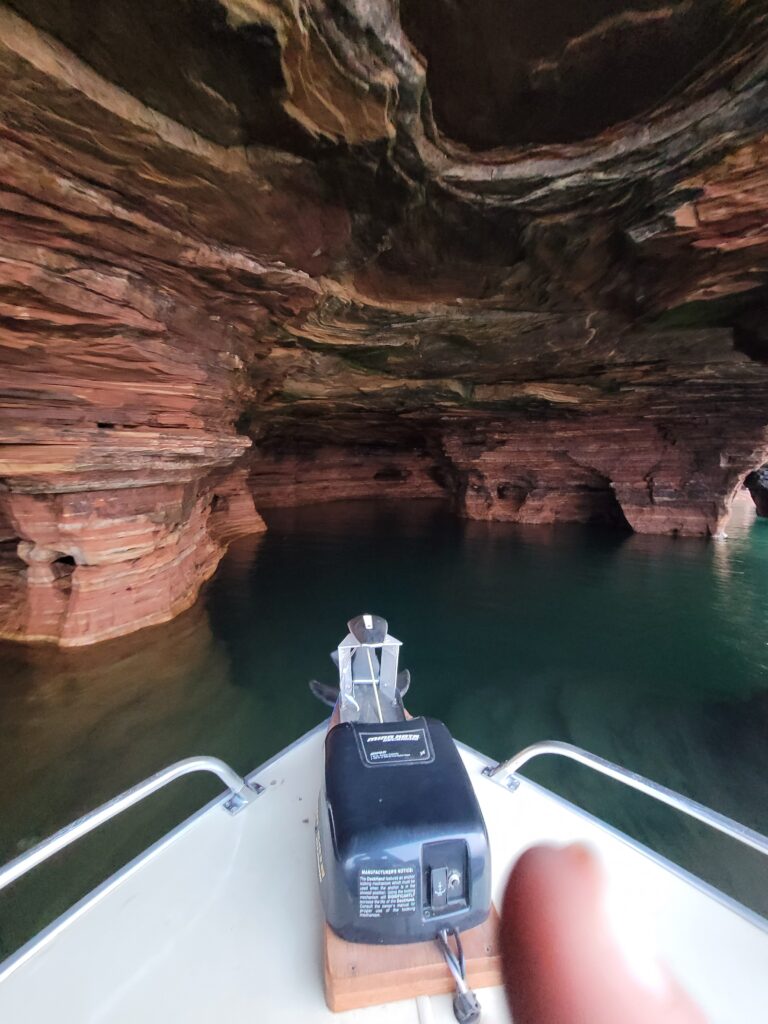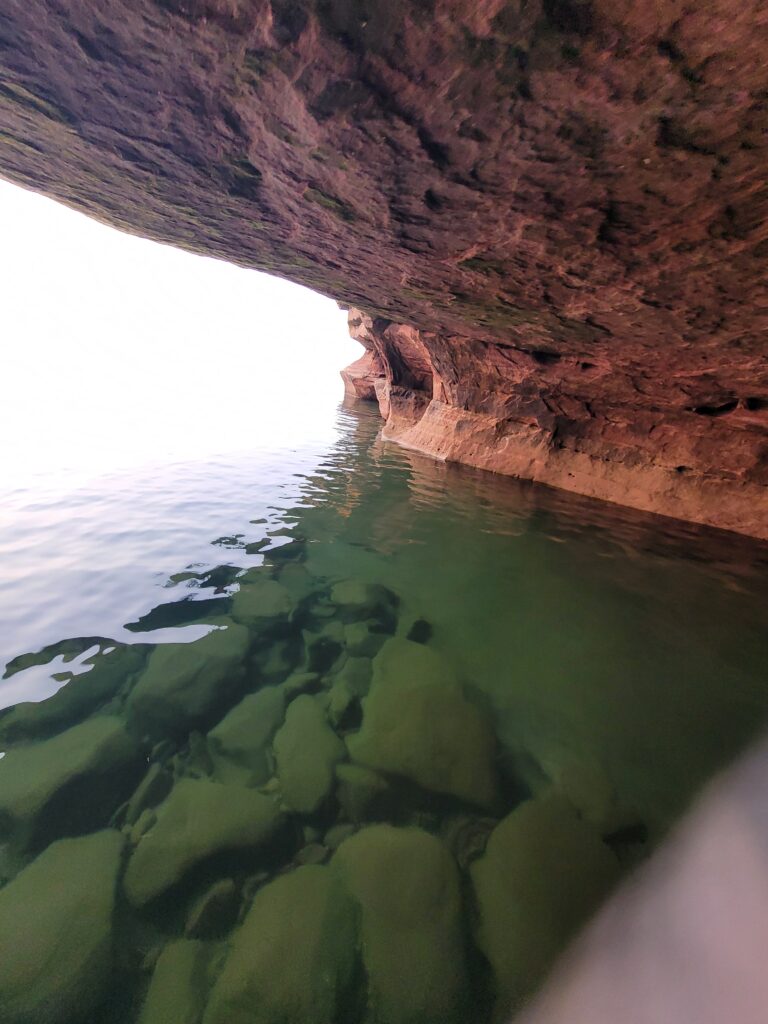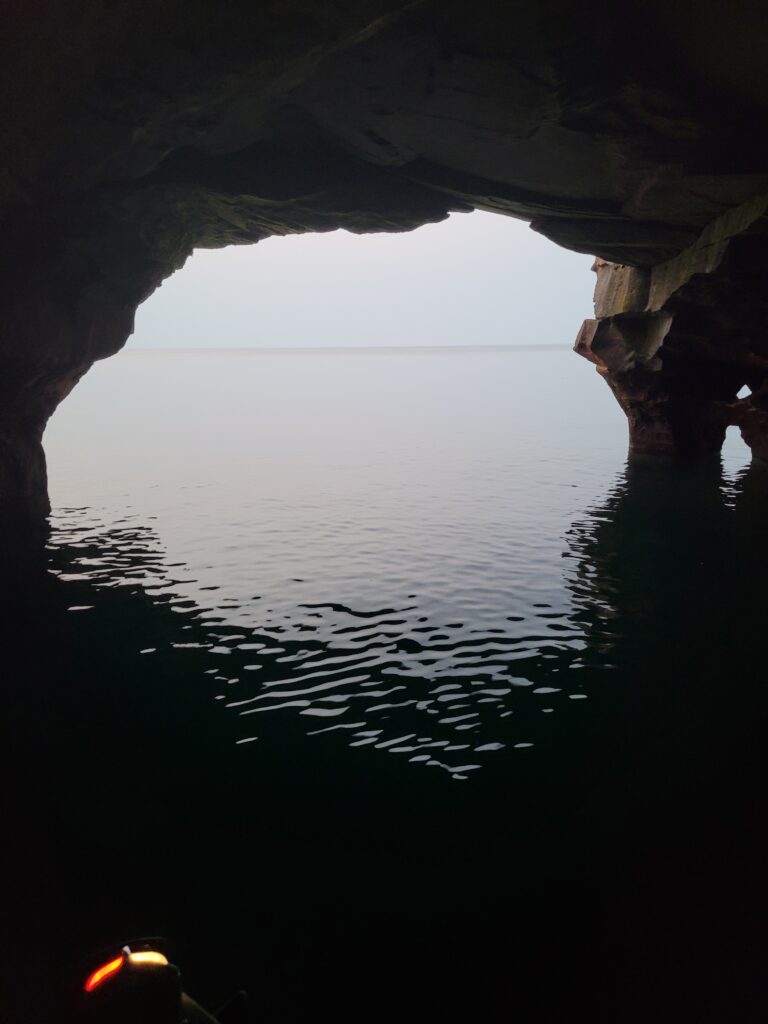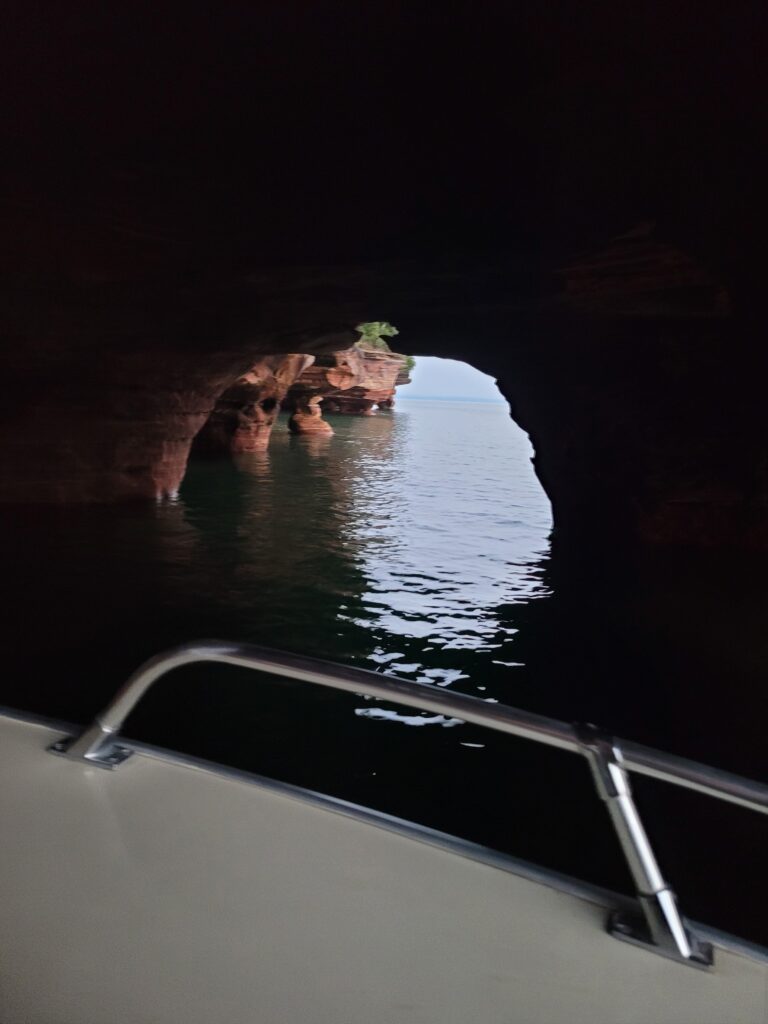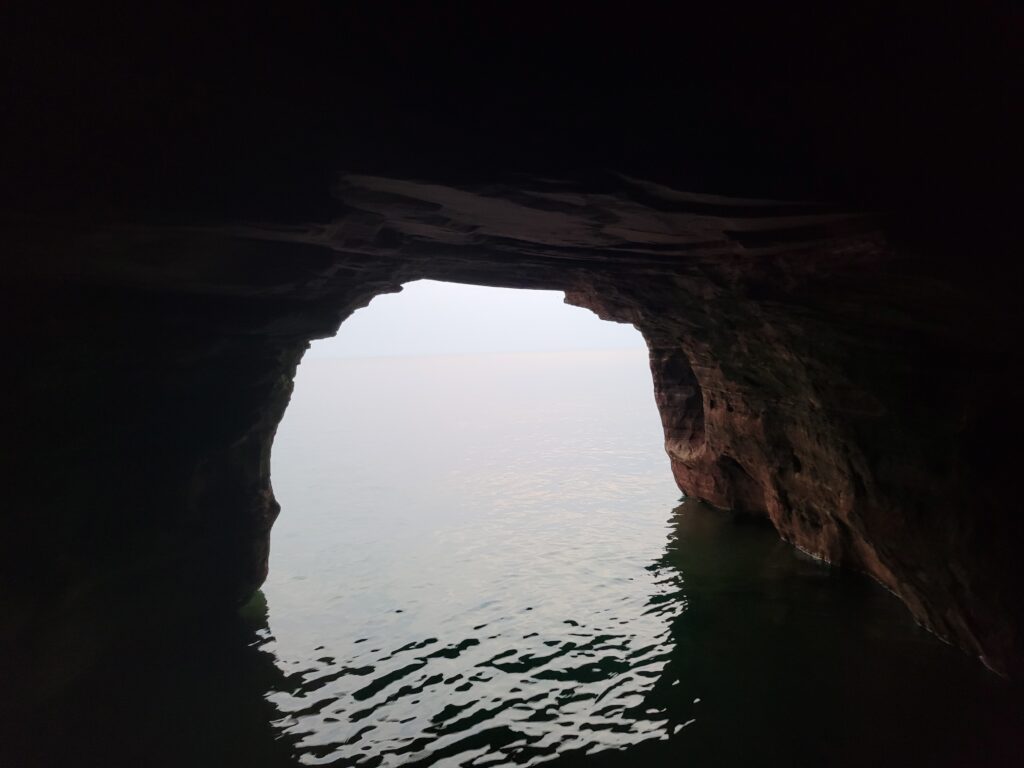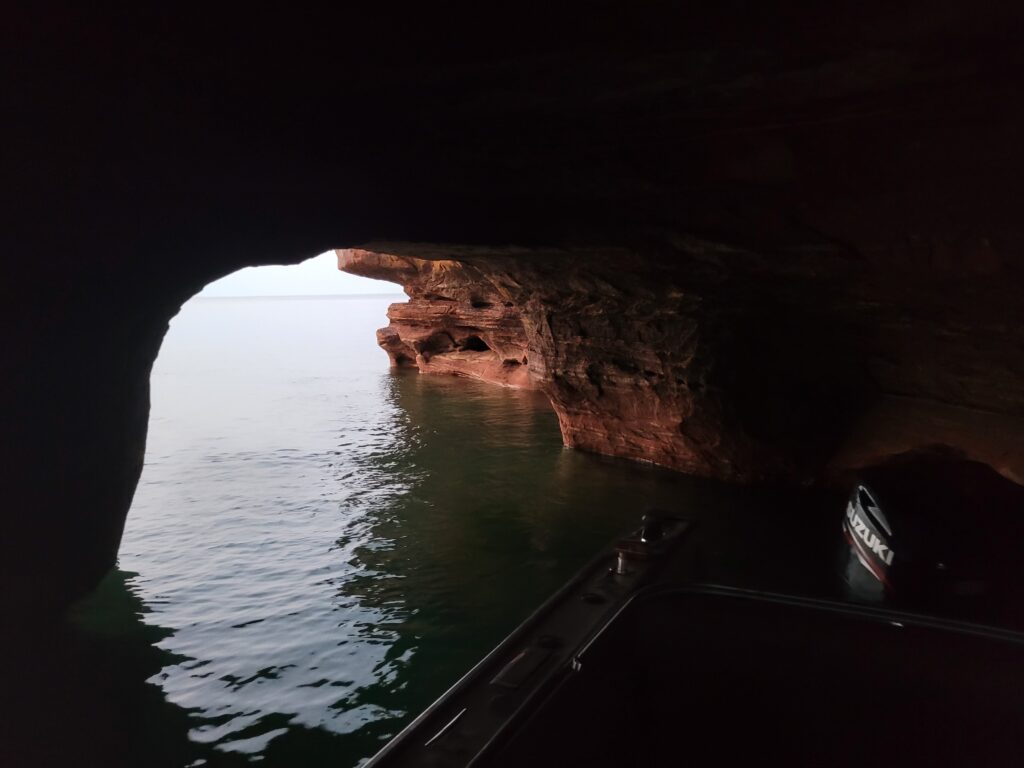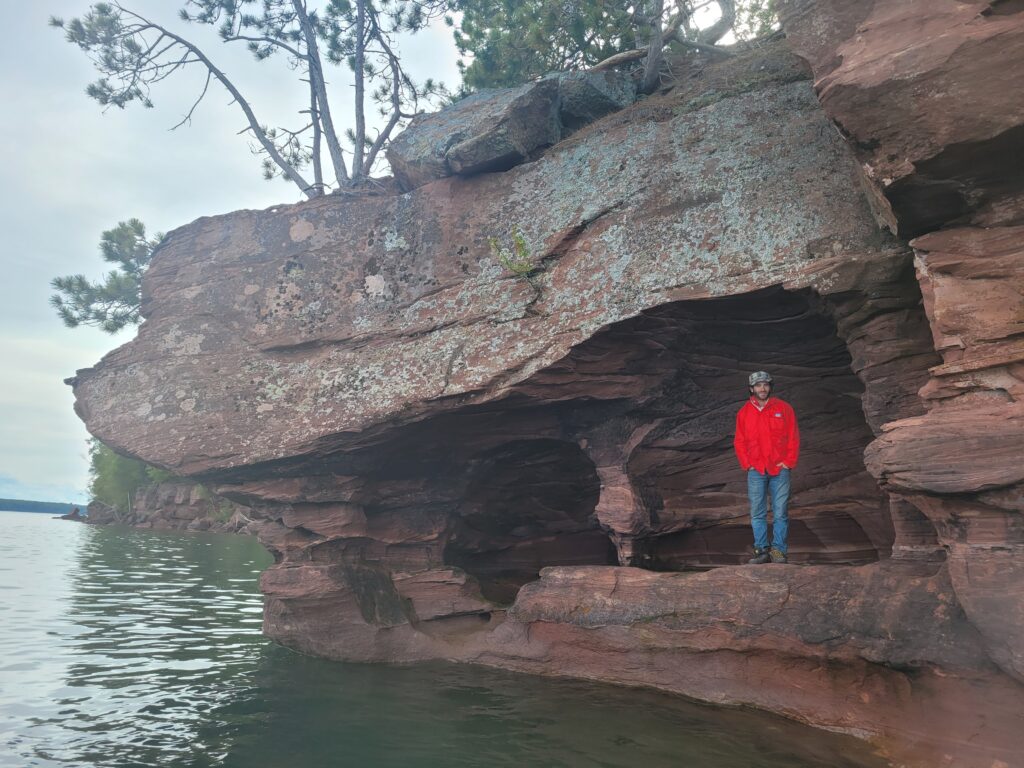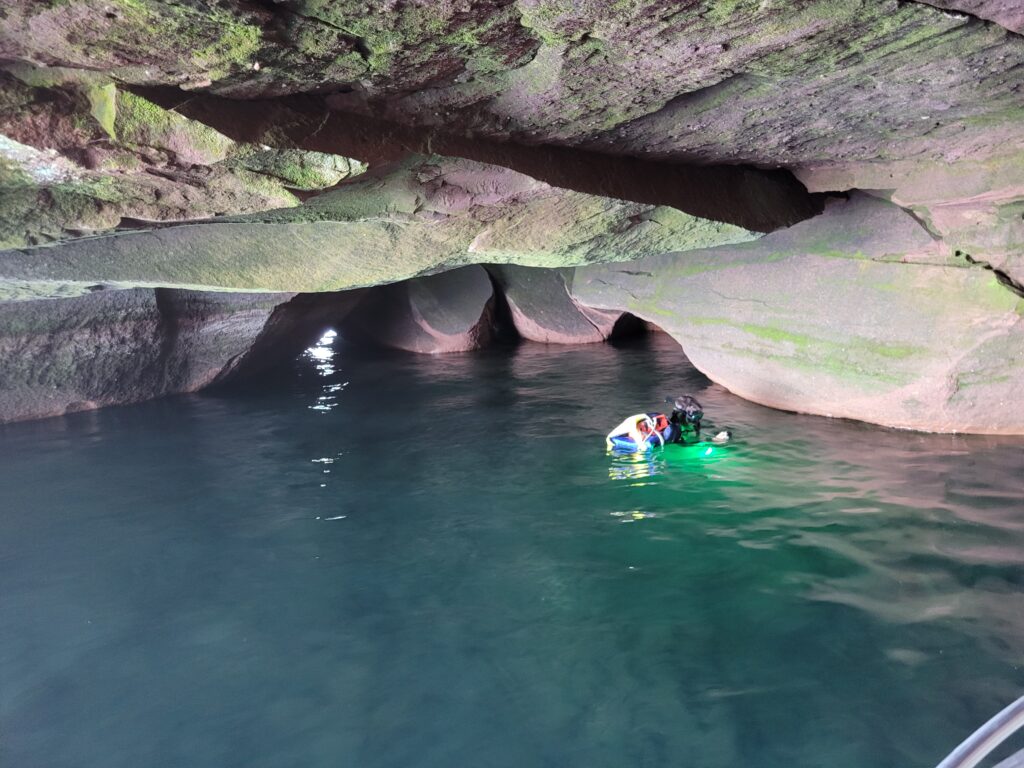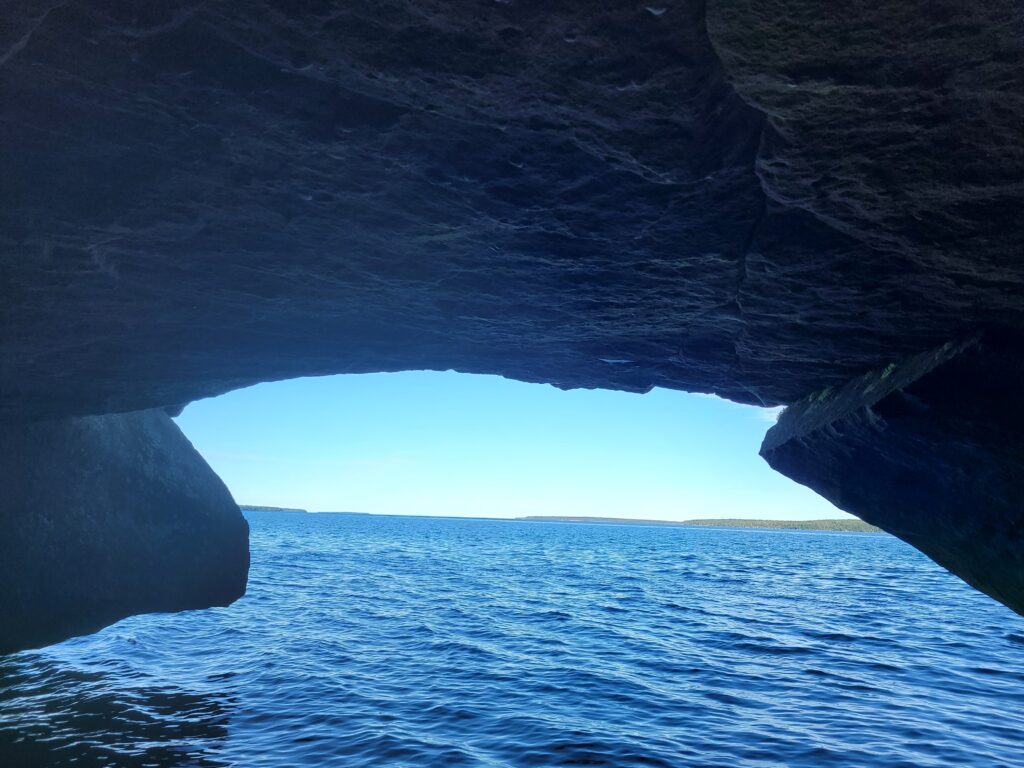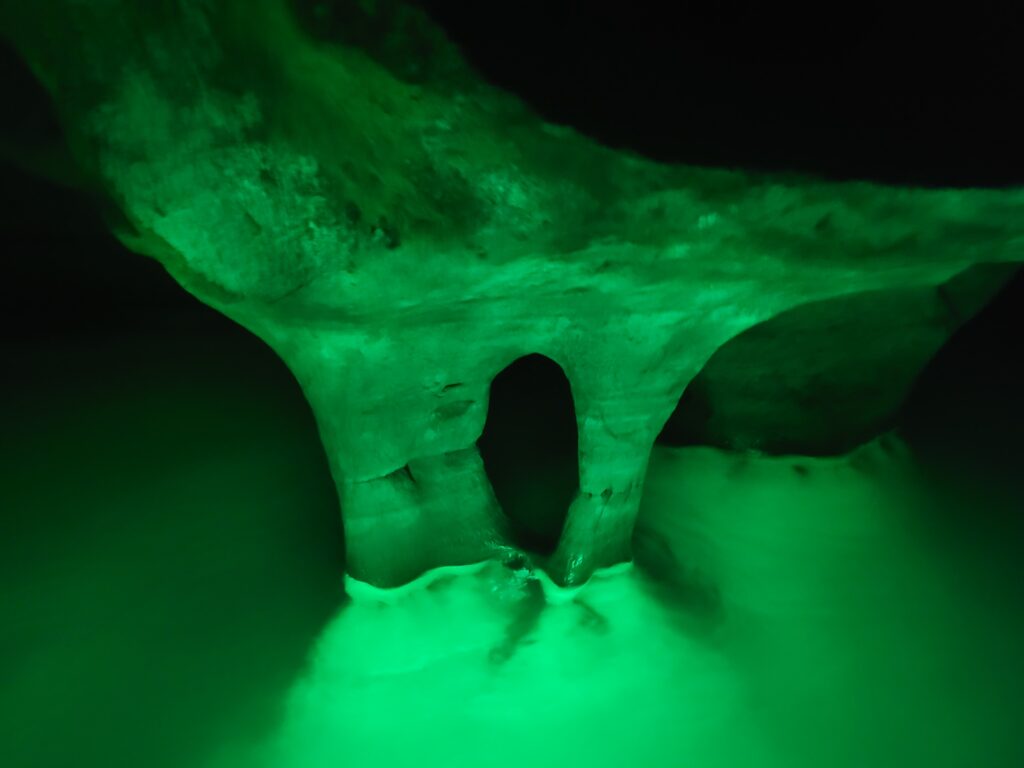Boating on Lake Superior, particularly around the Apostle Islands, presents a unique set of challenges and opportunities. This technical write-up aims to provide comprehensive guidance for navigating these waters, covering essential aspects such as safety considerations, navigation techniques, weather patterns, and regulations.
Safety Considerations
Weather Awareness: Lake Superior is known for its unpredictable weather patterns, including sudden storms and rapid changes in wind direction. Boaters must closely monitor weather forecasts and be prepared to adjust their plans accordingly.
Equipment: Ensure the boat is equipped with essential safety gear, including life jackets, navigation lights, distress signals, and a marine VHF radio for communication.
Navigation Skills: Familiarize yourself with navigational aids such as charts, GPS systems, and landmarks. The rocky shores and numerous islands of the Apostle Islands require careful navigation to avoid hazards.
Emergency Preparedness: Have a well-stocked first aid kit onboard and develop an emergency plan in case of accidents or equipment failures. Know the location of nearby marinas, Coast Guard stations, and emergency services.
Navigation Techniques
Charting: Utilize detailed nautical charts specific to Lake Superior and the Apostle Islands to identify depths, hazards, and navigational aids.
Waypoints: Establish waypoints along your route to aid navigation, particularly when visibility is limited or in unfamiliar areas.
Depth Soundings: Regularly monitor water depth using depth sounders or sonar to avoid running aground, especially in shallow areas.
Island Hopping: Plan routes that allow for exploration of the various islands within the Apostle Islands National Lakeshore while considering factors such as currents, wind, and anchorage options.
Weather Patterns
Wind: Lake Superior is prone to strong winds, which can create hazardous waves, particularly in open areas. Pay attention to wind forecasts and plan routes accordingly to minimize exposure.
Fog: Fog is common on Lake Superior, significantly reducing visibility. Use radar, GPS, and sound signals to navigate safely during foggy conditions.
Storms: Monitor weather alerts and be prepared to seek shelter in protected anchorages or harbors when storms are forecasted.
Regulations
Permits: Obtain any necessary permits or passes required for boating within the Apostle Islands National Lakeshore, including camping permits for overnight stays on the islands.
Speed Limits: Adhere to speed limits and no-wake zones, especially in designated areas such as marinas, harbors, and near shorelines to minimize environmental impact and ensure safety.
Wildlife Protection: Respect wildlife habitats and adhere to regulations regarding interactions with wildlife, including maintaining a safe distance from nesting birds and marine mammals.
Boating on the Apostle Islands offers unparalleled opportunities for exploration and adventure, but it requires careful planning, preparation, and adherence to safety protocols. By prioritizing safety, honing navigation skills, understanding weather patterns, and following regulations, boaters can enjoy a rewarding and memorable experience on Lake Superior.

